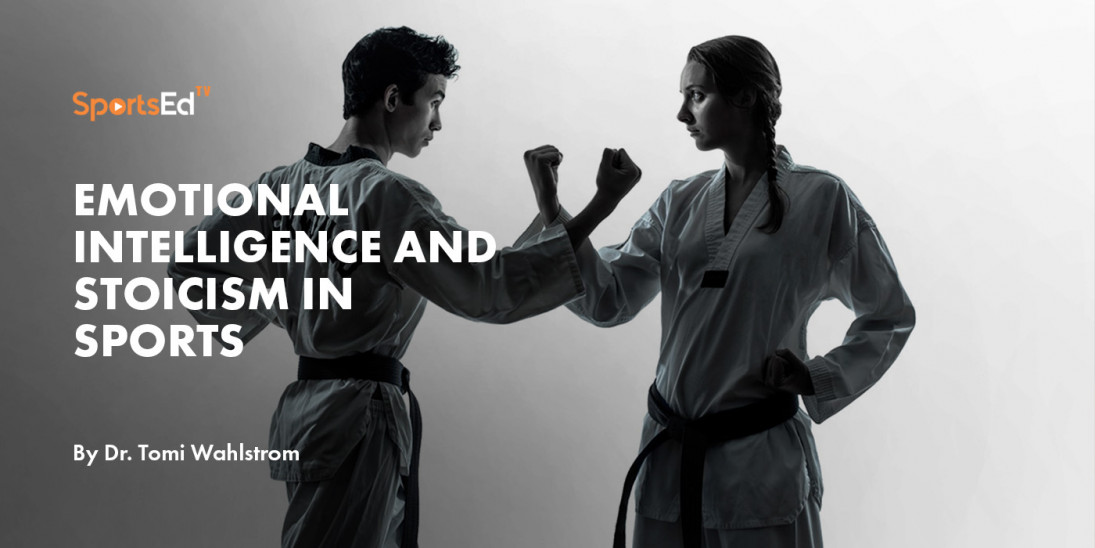Mental Health
Welcome and thanks for visiting...

Emotional Intelligence and Stoicism in Sports

Reams of writings and hours of talks on the importance of emotional intelligence have appeared lately. It applies in business, family and in my world—sports.
The ability of be conscious of our emotions and express and control them is emotional intelligence. It is the key to handling relationships well and in many ways unlocks the door to all success even in sports.
An extension of emotional intelligence is stoicism and is defined as the ability to endure pain or hardship without complaints or any display of feelings. Looking closer there are themes in stoicism that are directly related to emotional development in athletes.
Understanding the major themes in Stoicism can help with the development of emotional intelligence. Stoicism is a philosophy made famous my Epictetus, Seneca and Marcus Aurelius. It was originally founded by Zeno of Citium in the early 3rd century BC and was heavily influenced by Socrates. The central theme in Stoicism is to recognize what is under one’s control.
According to stoics reacting to things beyond personal control is useless. The beyond control variables in sports are myriad. Success comes via focus and acting on controllable events, saving energy by controlling emotions and avoiding unnecessary energy leaks.
Emotional energy such as anger is better used when directed to controllable action. Athletes can improve their performance by not wasting energy on trying to change things they cannot control.
Another one of the important principles of Stoicism is to understand one’s emotions. This is important to athletes because sports can be emotional in many ways. Emotions are caused by many events and can shift quickly. Sometimes mastering one’s emotions is as easy as understanding them.
Emotional mastery is not without feelings. Rather, the mastery means negative feelings such as anger, chaos and sadness are not misplaced on uncontrollable things. To the contrary, emotional mastery means negative feelings are supplanted by positive emotions such as coherence, contentment and calm.
We are often frustrated when we try to control things but when we let go of this need for control we can experience more joy. That is, by not trying to control what we can’t control, we learn to control what we can control.
The final principle of Stoicism focuses on conforming to reality. In order to make the best out of all situations, one must have a realistic outlook. Setting realistic goals and expectations is necessary, and trying to make reality to conform to our desires is futile. It makes more sense to conform our expectations to reality. Ultimately, Stoics make the best out of every situation, even loss and tragedy. They always find the lessons to be learned, and meaningful action to be taken as a result. They find the new opportunities in everything. This is how winners are born!





